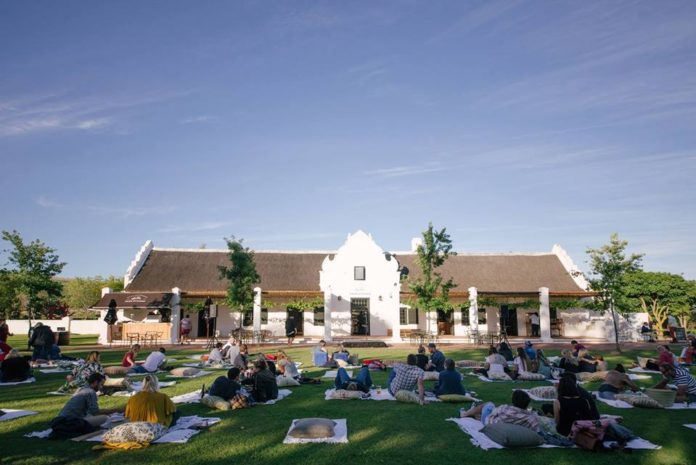
In 2017, Wesgro, in partnership with Explore Sideways, conducted the second annual Wine & Food Tourism Study in the Western Cape. The study surveyed more than 40 South African tour operators, accounting for over 19,000 itineraries booked over the year. The study aims to determine sector trends and identify changing market conditions in the wine tourism industry in South Africa.
Key findings from the respondent’s answers show that wine tourism in the Western Cape has grown by 16% between 2016 and 2017. This is further evidenced by tour operators indicating that 99% of Cape Town-based itineraries include a trip to the Winelands.
Wesgro CEO, Tim Harris said: “There is a multitude of factors that have influenced the awareness of South Africa as a wine tourism destination. Positive media coverage and internationally recognized wine awards have generated interest and investment in the evolving local wine industry. Specialist wine tour companies have done much in the way of showcasing boutique, off-the-beaten-track wine producers and properties, further enhancing the perception of quality and promoting the Winelands as an essential stop on itineraries.”
Spending patterns of wine tourists, in particular, indicate higher than average expenditure than general tourists while visiting the Western Cape. This illustrates another important aspect of wine tourism as a means of enhancing economic growth through tourism in the Western Cape.
Respondents indicated that offering tailor-made tours was the most important aspect of selecting a wine tour, allowing tourists to immerse themselves in authentic experiences rather than scheduled or packaged tours. This is further supported by the growing interest in unique activities like food and wine pairings (68%), cellar tours (54%), meeting the winemaker (51%) and food and wine tasting events (49%).
Harris added: “While established wine destinations like Stellenbosch, Franschhoek, and Constantia remain the most popular with visitors, there was a 43% increase in requests for the Hermanus (Hemel-en-Aarde Valley) wine route between 2016 and 2017, thereby surpassing Paarl as the 4th most popular wine route. Other wine routes like the Swartland, Helderberg, and Robertson Valley also experienced significant increases.”
Sustainability plays a growing role in the wine industry, evidenced by the fact that 85% of wine tourists feel that sustainability is important when making bookings. Practices like organic farming, social equality, carbon neutrality as well as biodynamic winemaking and farming practices are important considerations for wine tourists when booking their trip.
Western Cape Minister of Economic Opportunities, Alan Winde, added: “Growing wine tourism is one of the key goals we set ourselves through Project Khulisa, our focused economic strategy to grow the economy and create jobs in our province. The growth we are able to report today shows that we are on track in delivering on our objective. This is an important sector because it creates jobs for locals in both urban and more rural areas by driving the regional spread of tourists. The success we are seeing is as a result of the excellent service and unique experiences we offer, driving visitors to return for more.”
A report on this annual study is available for use by members of the food, wine, hospitality and tourism industries and for members of the general public. The report goes a long way to enhancing the understanding of the relevant industries and aims to enhance and improve the quality of experience that tourists receive when visiting South Africa. The report can be obtained by contacting Explore Sideways at [email protected].
Read more articles

